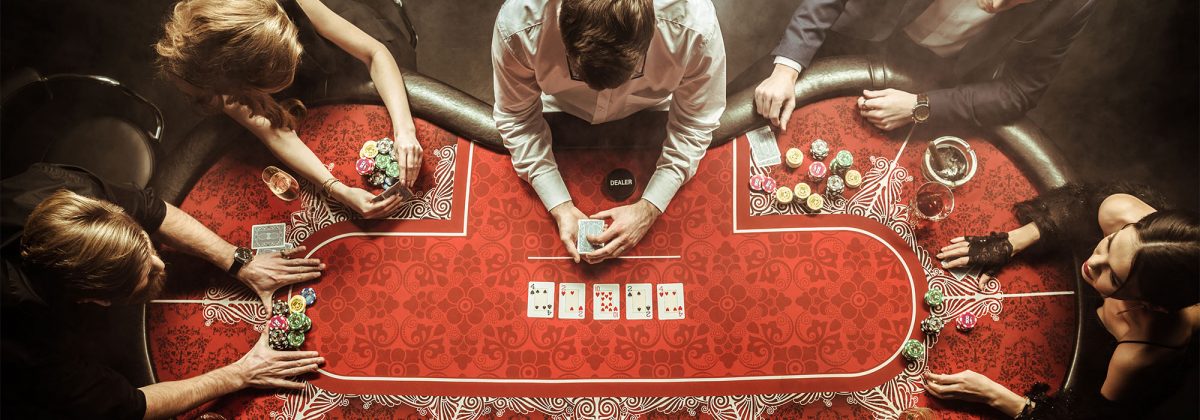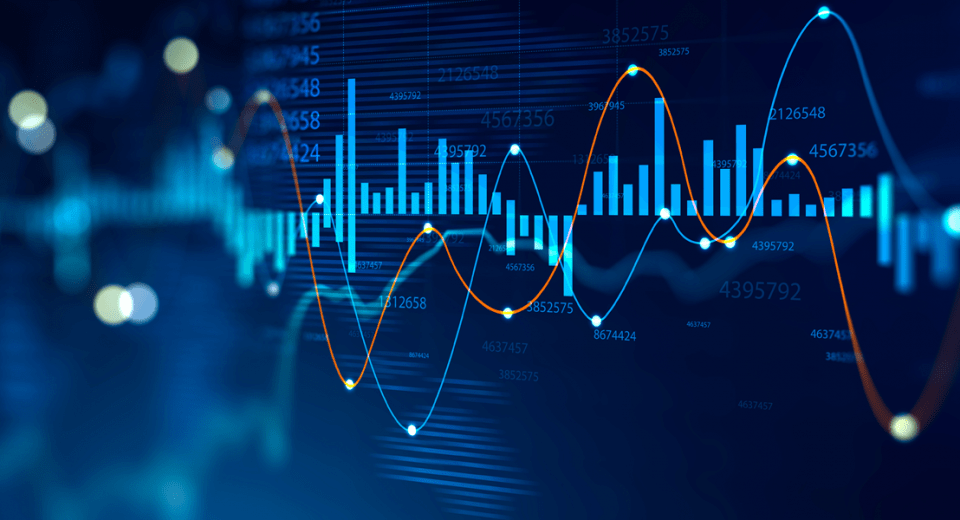Vanessa Selbst, three times winner of the World Series of Poker and the only woman to reach the #1 ranking on the Global Poker Index, started working for Bridgewater Associates, the world’s largest hedge fund. She is known as an aggressive poker player and had earlier worked with McKinsey & Company, the consulting giant. Selbst has been quoted as saying, “Bridgewater feels a lot like poker back in the day, a bunch of nerdy kids collaborating to try to beat our opponents at a game. It’s also really freaking difficult.”
Poker is undoubtedly one of the most famous games of probability in modern times. There are a lot of stories of other professional poker players who turned out to be successful traders. While the worlds of gambling and investing are poles apart, they do share some key similarities, which is possibly why they make good traders.
Here’s a look at some of the key attributes common to both professional poker players and traders.
1. Well Prepared
Professional poker players join as many tournaments as they can, as they understand that the more they play, the more they’ll understand what will work for them. They treat games just like business and keep upgrading their skills by studying various situations. This helps them perform better in live games.
Professional traders, on the other hand, research and review past trades and keep in touch with the latest developments in the financial markets. The time and effort spent on preparing enhances their trading horizon and helps them stay competitive in the market.
2. Risk Management
Managing your chips is part of the strategy in a game of poker. A professional poker player knows that betting all the chips on a weak hand won’t yield results. They also don’t go in too light on a strong hand. Knowing when to push to gain an edge and when to pull out to not go bust is the sign of a good player.
The professional trader keeps placing trades when a low risk opportunity rises in the market and sells a position to avoid going bankrupt due to unfavourable circumstances. The key is to not lose too much, so that when the right opportunity comes, they have the funds to enter a trade.
3. Quick Decision Making
A professional poker player has the ability to process information quickly and take quick decisions without doubting them. Professional traders don’t doubt their trading plans and decisions either. They know that they need to act quickly, without hesitation, to make the most of any potential offered by fluctuations in the market.
4. Discipline
Impulsive decisions have no place in either gambling or trading. A disciplined approach, sticking to one’s tried and tested strategy, despite temptations, is what makes poker players and traders successful. Patience and discipline are especially important when things don’t go according to plan.
5. Emotional Stability
There is no place for emotions in trading and in poker. In fact, the term “poker face” refers to the ability to not allow emotions to show at all. Fear, greed, revenge and more are emotions that could lead to quick losses in both fields. Also, both professions are stressful and being able to cope with stress can help you stay away from unnecessary risk and losses.
6. Very Selective Approach
Professional poker players play one out of every 5 games and these figures go further down in major tournaments. They wait for the right combinations to show up. They even consider the behaviour of competitors at the table and the cards that are already visible on the table.
Good traders also wait for the right opportunity to present itself and only make informed trading decisions.
7. Money Management
It is important in both poker and trading to manage funds wisely. A professional trader is always aware of his capital and how much he should place on a specific trade. Both poker players and traders are aware that they can lose all their money in a single shot, if they don’t play wisely. So, they know how to make best use of the money available to them.
8. Go with the Flow
Poker and trading both have elements of chance, with many factors affecting the outcome or movements in the market. And, both players and traders are aware that they have no control over the situation, which could become very unpredictable. This is why they have a plan ready before entering the game or the market and stick to it. They accept and enjoy the randomness that both fields offer.
9. Know the Rules
Knowledge is the only way to succeed in any field. Knowledge of the rules of the game, financial markets or variables influencing movements, all go into making informed decisions. It is this knowledge and the constant hunger to learn more and hone one’s skills that separate a good player or trader from a mediocre one. It also helps minimise the impact of major events.
10. Ability to Handle Losses
Loss is part of the game and both poker players and traders need to accept this. Professional poker players don’t win every game and could even go weeks or months without a win. There are times when they suffer huge losses. What sets the successful players apart is their ability to learn from losses and improve their game, without letting failure impact their confidence.
Good traders also incur losses from time to time, due to opposite movements in the market or some unexpected event that affects the market. But they accept it, learn from it and continue trading with the confidence that their strategy will yield results.
A lot of lessons can be learned from professional poker players. Trading and poker have similar characteristics of probabilities, analysis, quick decision making, discipline and rational risk taking. Some of the most successful traders have been professional poker players in the past. Brandon Adams, teacher of behavioural finance at Harvard University says that professional poker players have survived a system where 95% of people lose their money, so anyone disciplined and smart enough to survive poker could do very well in trading.
Reference Links:





